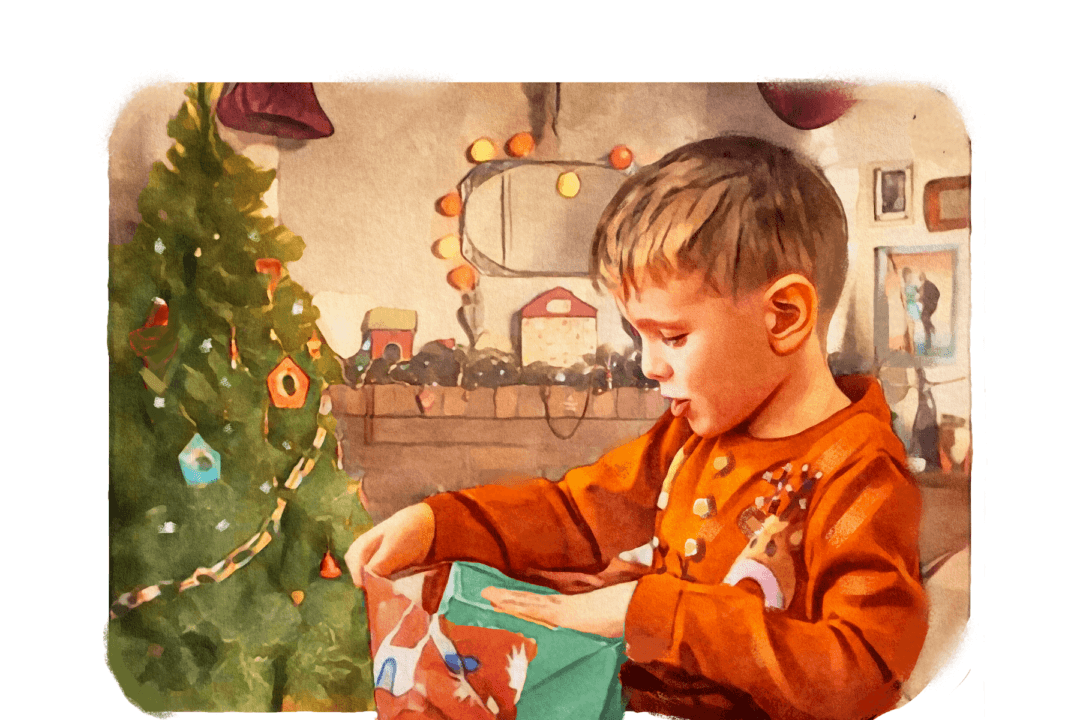I became acutely aware of the value of pets while at work one beautiful summer’s day. I was enjoying lunch on the clinic patio when I noticed a teen patient of mine walking toward me.
Shaking my extended hand, she began, “I want you to meet someone.” She gestured to the dog on the end of a short leash. “His name is Ollie,” she continued as she sat down under the market umbrella and lifted the rather large dog to her lap. He licked her on the lips.





